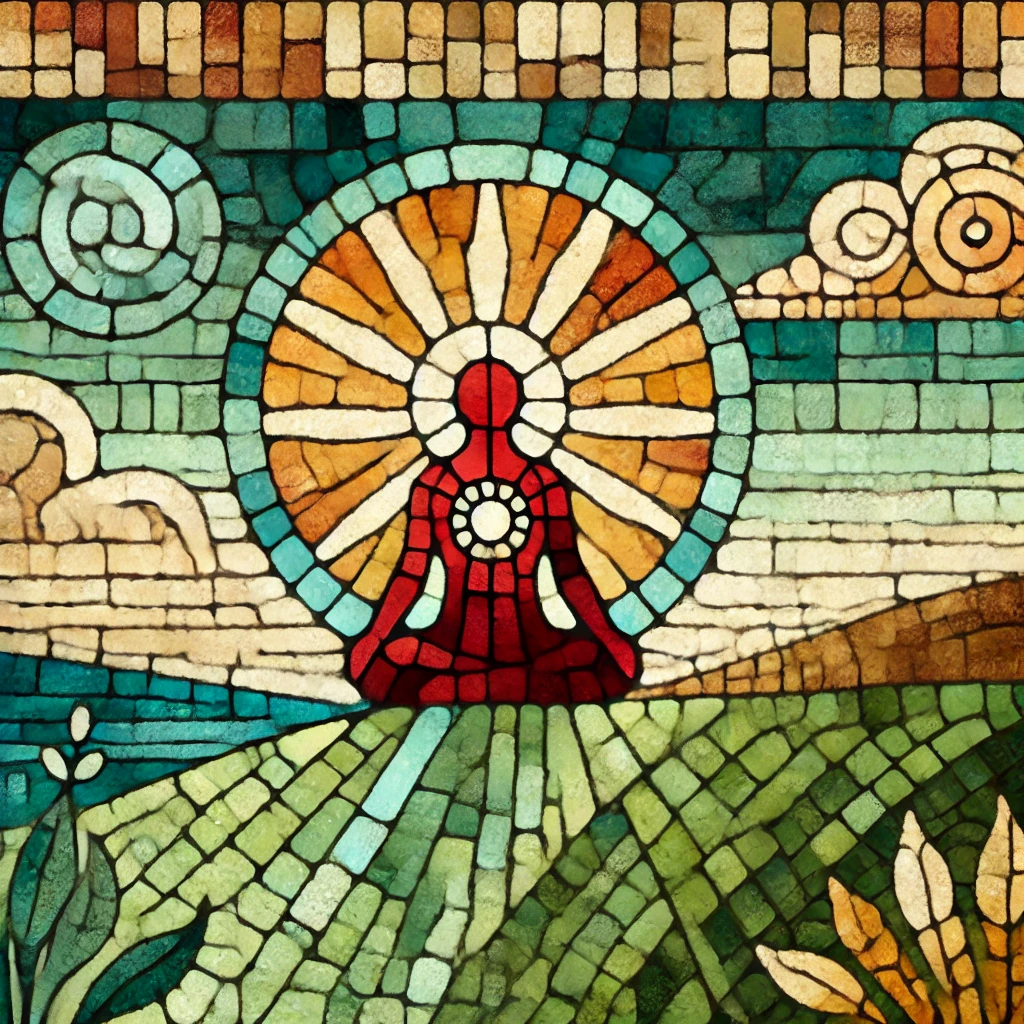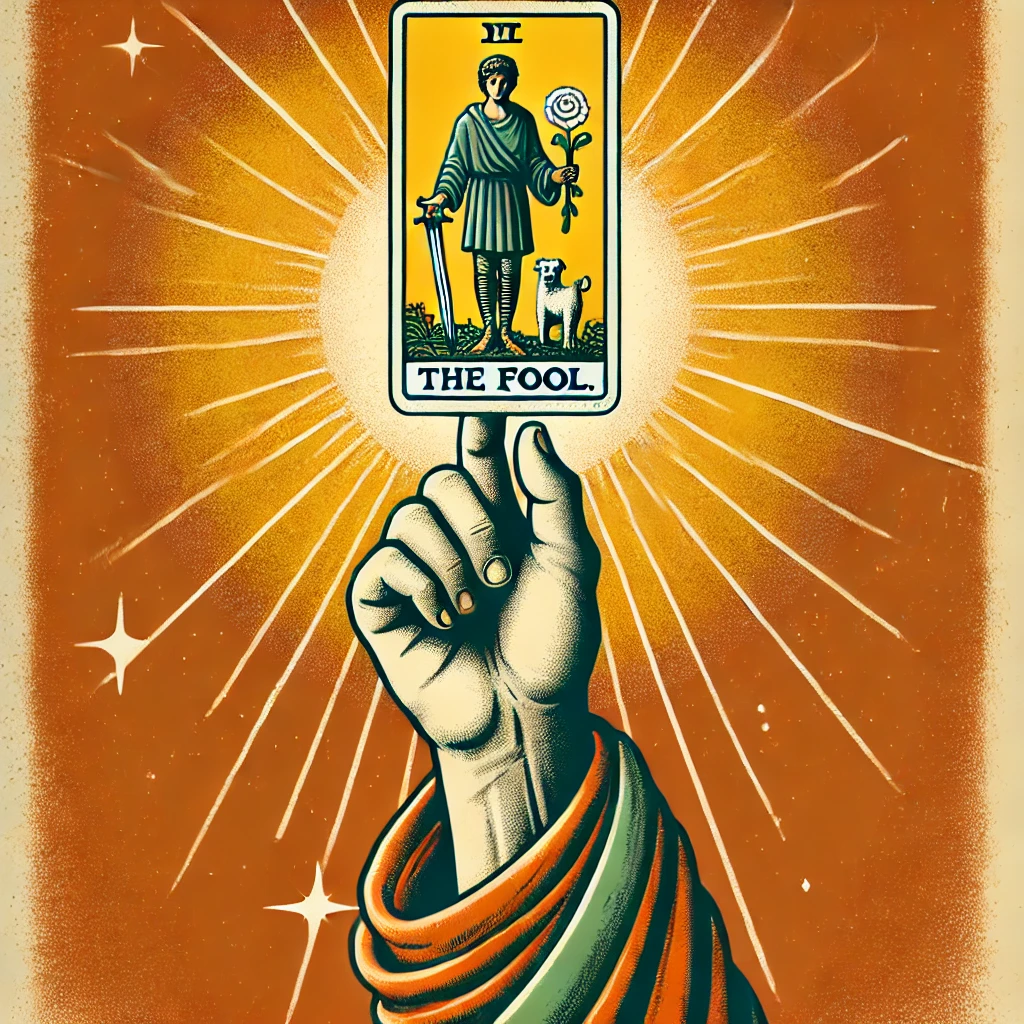There are days when we say things we do not mean. A tone enters the room before we do. Our body tenses, and we do not know why. Later, we wonder, “What came over me?”
It is easy to call these moods or reactions mistakes. But in the soul’s landscape, these moments carry meaning. They are not glitches in the system. They are old voices, old protections. James Hillman once called them “the little people within.” Jung named them complexes. They are like small characters in the inner theater, charged with history and emotion, waiting for their cue.
A complex is not a flaw. It is a cluster of lived experience. It begins as a wound or a need—often from childhood—and takes on a life of its own. A child feels abandoned, unsafe, unseen. The psyche, not wanting to feel that again, builds a pattern. That pattern has energy. It recurs. It whispers when we get too close to love. It tightens when we stand up to authority. It may even offer gifts—strengths we had to grow to survive. But over time, what once protected can begin to limit.
There is no need to blame ourselves. These patterns are not decisions. They are habits of the soul. One might say they are the soul’s way of remembering. But if we do not pause to notice them, we risk living on automatic pilot. We repeat the same arguments. We chase the same unavailable partners. We sabotage the very things we long for.
It is strange. The past has already happened, but in the world of the psyche, it is not over. Not until it is felt and seen. These clusters of energy do not disappear because we understand them. Even when named, they may still rise up with the same fury or fear. But naming them allows us to be in relationship. We can begin to ask, “Who is speaking in me now?”
Jung said complexes behave like independent beings. They disturb memory, interfere with will, and take the reins when we least expect it. But even in that disturbance, there is something trying to be known. Something from the deep interior, from the long corridors of childhood or ancestral memory, is seeking recognition. And perhaps even healing.
This is why psychotherapy is not a mechanical process. It is not about fixing a machine. It is about sitting quietly with the little people within, listening for the stories that have shaped us. Often those stories were written when we had no choice but to adapt. A child cannot leave the family. A child cannot survive without love. So the child adapts. And the story becomes a survival guide, repeated over and over, long after the danger has passed.
The same energy that forms a complex also fuels dreams. It animates the inner life. The very material that causes us to stumble is also the material that invites transformation. The complex does not need to be exiled. It needs to be understood. Befriended, even. The question is not how to get rid of it, but what it wants us to know.
In this light, suffering is not failure. It is the psyche’s way of saying, “Pay attention.” A symptom is not random. A sudden anger, a freezing of the will, a panic before speaking—these are messages in symbolic form. They may be uncomfortable, but they are not meaningless. The psyche does not waste energy.
Jung once said the neurosis itself is an attempt at healing. Not a successful one, perhaps, but an attempt. There is a drive in the soul toward wholeness, and if that movement is blocked, it will find another route. That route may be illness or anxiety. It may be a dream of falling. Or a relationship that breaks us open.
What matters is our willingness to turn toward what hurts. Not with judgment, but with care. To hold the frozen part gently. To ask the anxious voice what it is afraid of. And to see if, over time, the energy can be returned to the ego, not in domination but in dialogue.
There is a humility in this work. We are not in control of the unconscious. But we are in relationship with it. And as with all relationships, the quality of our attention matters.
I think of Jung’s words again: complexes are splinter psyches. They are pieces of ourselves that have broken off under pressure. The healing task is not to erase them, but to welcome them home. Not to overpower them, but to listen, and in the listening, to recover something precious.
As one teacher once said, “You are not what happened to you. You are what wants to come into the world through you.”
Tim – Soulful Nuggets Team
This blog is a reflection on the course ‘Introduction to Jungian Psychology‘ taught by James Hollis .





